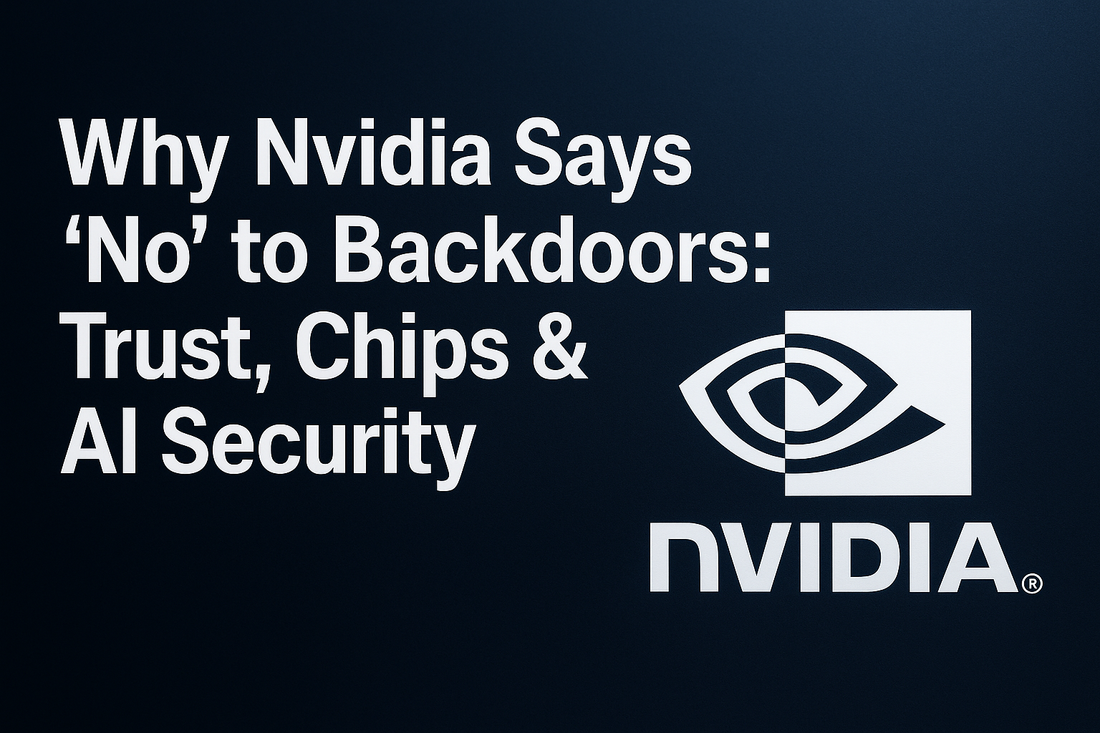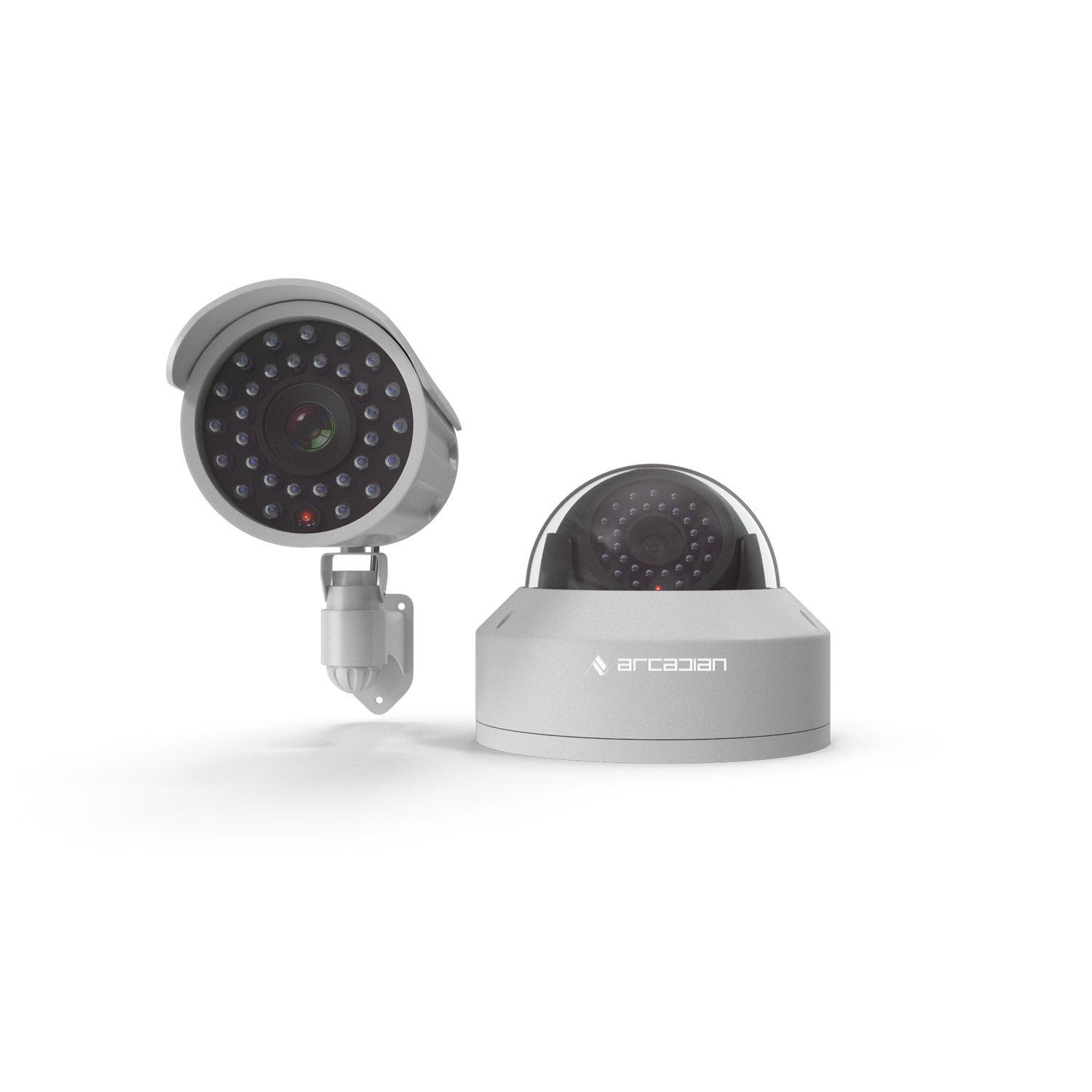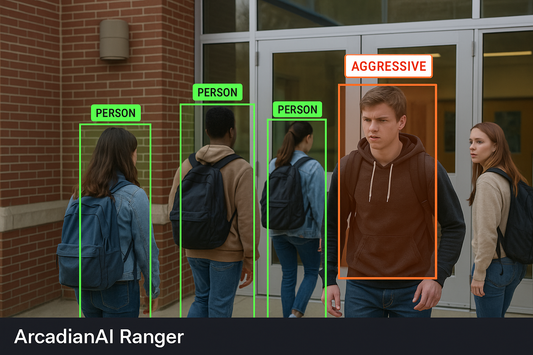Why Nvidia Says “No” to Backdoors: Trust, Chips, and the Future of AI Security
On August 6, 2025, Nvidia made headlines for refusing to build kill switches or surveillance backdoors into its AI GPUs—a bold move in an era of geopolitical tech wars. This stance isn’t just about hardware—it’s about global trust, NDAA compliance, and the future of AI-powered security platforms like ArcadianAI.

Introduction
On August 6, 2025, Nvidia made headlines for refusing to build kill switches or surveillance backdoors into its AI GPUs—a bold move in an era of geopolitical tech wars. This stance isn’t just about hardware—it’s about global trust, NDAA compliance, and the future of AI-powered security platforms like ArcadianAI.
Quick Summary
-
August 2025: Nvidia rejects GPU backdoors and kill switches.
-
Warns about “fracturing trust” in U.S. technology.
-
Links to NDAA-compliance and U.S.–China AI chip restrictions.
-
Implications for surveillance ethics and AI security platforms.
-
ArcadianAI’s position: transparency, security, and zero backdoors.
Background & Relevance
On August 6, 2025, Business Insider reported that Nvidia told U.S. officials it would not embed kill switches or backdoors in its AI GPUs, even under pressure from policymakers.
"A hardware backdoor is a permanent fracture in trust—not just in Nvidia, but in all U.S. technology exports," a company spokesperson said. Business Insider source link.
This decision comes amid a tightening U.S.–China semiconductor war, triggered by:
-
October 2022: U.S. Department of Commerce imposes export controls on advanced AI chips to China.
-
2023–2024: Expanded sanctions covering H100 and A100 GPUs, banning sales to companies linked to the People’s Liberation Army and state-backed AI labs like Baidu, Alibaba Cloud, Tencent, and Huawei’s Ascend AI platform.
-
NDAA Section 889: Prohibits federal agencies and contractors from using equipment from Chinese firms like Hikvision, Dahua, and Huawei, reinforcing “no backdoor” mandates for U.S. technology.
The Core Issue: AI Hardware Trust
Nvidia’s move isn’t just a hardware design choice—it’s a global trust statement.
Why it matters:
-
NDAA Compliance – Any hint of a hardware backdoor could make U.S. chips non-compliant for federal and defense contracts.
-
Surveillance Ethics – Embedding hidden controls would set a precedent for authoritarian misuse, especially in high-risk geographies.
-
AI Export Control Enforcement – Backdoors could be exploited by foreign actors to bypass U.S. restrictions.
AI Surveillance Implications
For ArcadianAI, this is more than a tech headline—it validates our zero backdoor, zero compromise philosophy in AI-powered video analytics. In the video surveillance industry, the parallel is clear:
| Vendor | Backdoor Risk | NDAA Compliance | Cloud AI Security |
|---|---|---|---|
| Hikvision / Dahua | High (PRC ties) | ❌ | Low |
| Huawei Ascend AI | High | ❌ | Medium |
| Verkada | Low | ✅ | Medium |
| Genetec / Milestone | Low | ✅ | Medium-High |
| ArcadianAI Ranger | None | ✅ | High (E2EE) |
Competitor Landscape & NDAA Tension
-
Hikvision (founded 2001, Hangzhou, PRC) – Added to the U.S. Entity List in 2019.
-
Dahua Technology (founded 2001, Hangzhou) – Also banned under NDAA Section 889.
-
Huawei – Subject to U.S. sanctions since 2019; AI chip arm blocked from acquiring Nvidia GPUs.
-
SenseTime (founded 2014, Beijing) – Restricted from U.S. investment over alleged surveillance abuses in Xinjiang.
Key takeaway: The NDAA has shifted global surveillance supply chains toward trusted, transparent AI providers—exactly where ArcadianAI is positioned.
Common Questions (FAQ)
Q1: What is a GPU backdoor?
A hidden hardware or firmware function allowing remote control, shutdown, or data access without user consent.
Q2: Why did Nvidia reject backdoors?
To preserve trust in U.S. technology, maintain NDAA compliance, and avoid enabling foreign surveillance abuse.
Q3: How does this affect AI surveillance platforms?
It raises the security bar—platforms must ensure both hardware and software are tamper-proof.
Q4: Is ArcadianAI NDAA-compliant?
Yes—ArcadianAI’s Ranger runs on NDAA-approved hardware and cloud infrastructure, with end-to-end encryption.
Conclusion & CTA
Nvidia’s August 2025 stand against GPU backdoors is a rare moment where a trillion-dollar tech company openly rejects state-level demands for hidden control. For the security and surveillance industry, this is a line in the sand: the future belongs to platforms that are transparent, compliant, and secure by design.
ArcadianAI has built Ranger on that very foundation—no backdoors, no compromises, no question marks.
See ArcadianAI in Action → Get Demo – ArcadianAI
References:
-
[U.S. Department of Commerce – Export Administration Regulations, October 2022]
-
[NDAA Section 889 Summary – U.S. Congress, 2019]
-
[Entity List Designations – Bureau of Industry and Security, U.S. Department of Commerce]

Security is like insurance—until you need it, you don’t think about it.
But when something goes wrong? Break-ins, theft, liability claims—suddenly, it’s all you think about.
ArcadianAI upgrades your security to the AI era—no new hardware, no sky-high costs, just smart protection that works.
→ Stop security incidents before they happen
→ Cut security costs without cutting corners
→ Run your business without the worry
Because the best security isn’t reactive—it’s proactive.







![[IMAGE: Crowded European plaza with pickpocket gangs blending into tourists – realistic, 16:9 – alt="Organized pickpocket gang operating in a busy tourist square"]](http://www.arcadian.ai/cdn/shop/articles/Crowded_European_plaza_with_pickpocket_gangs_blending_into_tourists_realistic_16_9_alt_Organized_pickpocket_gang_operating_in_a_busy_tourist_square.png?v=1756224312&width=533)